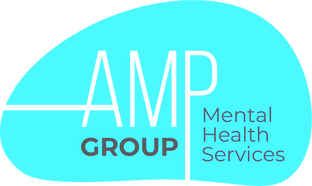
Obsessive-Compulsive Disorder (OCD) is a mental health condition that affects millions of people worldwide. Despite its prevalence, there is still a significant amount of misunderstanding surrounding OCD. In this blog post, we will discuss what OCD is, its symptoms, how to recognize it in yourself, and the possible treatment options within therapy and psychiatry.
What is OCD?
OCD is a type of anxiety disorder characterized by obsessive thoughts and compulsive behaviors. Obsessions are unwanted, intrusive thoughts, images, or urges that cause significant distress and anxiety. Compulsions are repetitive behaviors or mental acts that are performed to alleviate the distress caused by obsessions, but ultimately do not provide lasting relief.
The obsessions and compulsions associated with OCD can be time-consuming, interfere with daily activities, and significantly impair a person’s quality of life. OCD can affect individuals of all ages and genders and can range in severity from mild to severe.
Symptoms of OCD
The symptoms of OCD can vary widely from person to person, but generally involve a cycle of obsessions and compulsions.
Obsessions in OCD
Obsessions are persistent, intrusive, and unwanted thoughts, images, or urges that cause significant distress and anxiety. Some common obsessions include:
- Fear of contamination or germs
- Unwanted thoughts of harming oneself or others
- Excessive concerns with order, symmetry, or exactness
- Fear of losing control or making a mistake
- Intrusive sexual or violent thoughts
Compulsions in OCD
Compulsions are repetitive behaviors or mental acts that are performed to alleviate the distress caused by obsessions. Some common compulsions include:
- Excessive cleaning or hand-washing
- Counting or repeating words or phrases
- Checking behaviors, such as repeatedly checking locks or appliances
- Reorganizing or rearranging objects
- Mental compulsions, such as praying or mental counting
Recognizing OCD in Yourself
If you’re concerned that you may have OCD, it’s important to seek professional help for an accurate diagnosis. However, there are some signs and symptoms that may indicate that you have OCD, such as:
- Persistent, unwanted, and intrusive thoughts or images
- Feelings of anxiety or distress related to these thoughts
- Repetitive behaviors or mental acts that you feel compelled to perform
- Spending significant amounts of time on these thoughts and behaviors
- Difficulty completing daily tasks or maintaining relationships due to these thoughts and behaviors
If you are experiencing any of these symptoms, it’s important to seek help from a mental health professional, such as a therapist or psychiatrist.
Treatment Options for OCD
There are several treatment options available for OCD, including therapy, medication, or a combination of the two.
Therapy Options for OCD
Cognitive Behavioral Therapy (CBT) is a type of therapy that has been shown to be effective in treating OCD. CBT involves working with a therapist to identify and challenge obsessive thoughts and compulsive behaviors. The therapist may also teach skills such as relaxation techniques, mindfulness, and exposure and response prevention (ERP), which involves gradually exposing the individual to feared situations or objects while preventing them from engaging in compulsive behaviors.
Medication options for OCD
Medication can also be helpful in treating OCD, particularly selective serotonin reuptake inhibitors (SSRIs). These medications work by increasing the levels of serotonin in the brain, which can help reduce obsessive thoughts and compulsive behaviors.
In severe cases of OCD, a combination of medication and therapy may be necessary to achieve significant symptom relief.
Final Thoughts
OCD is a challenging mental health condition that can significantly impact a person’s quality of life. However, with proper treatment, individuals with OCD can learn to manage their symptoms and improve their overall well-being. If you’re experiencing symptoms of OCD, don’t hesitate to seek help from a mental health professional. If you are experiencing symptoms of OCD, be sure to call us at 305 204 9355 today and schedule your appointment with an AMP Mental Health Provider.






This Post Has One Comment
As someone who has witnessed a loved one’s struggle with OCD, I can attest to the importance of understanding this condition. OCD is characterized by obsessive thoughts and compulsive behaviors that can be distressing and time-consuming. It can manifest in different ways, such as excessive cleaning, checking, or counting, which can significantly affect one’s daily life. It is essential to be mindful of the symptoms of OCD and to offer support to those who may be struggling. This could mean providing a listening ear, helping them to access professional help, or simply being understanding and non-judgmental. In conclusion, OCD is a condition that affects many people, and it is crucial to understand its symptoms and its impact on individuals. As someone who has witnessed the impact of OCD firsthand, I urge everyone to be compassionate and supportive towards those who may be struggling with this condition.